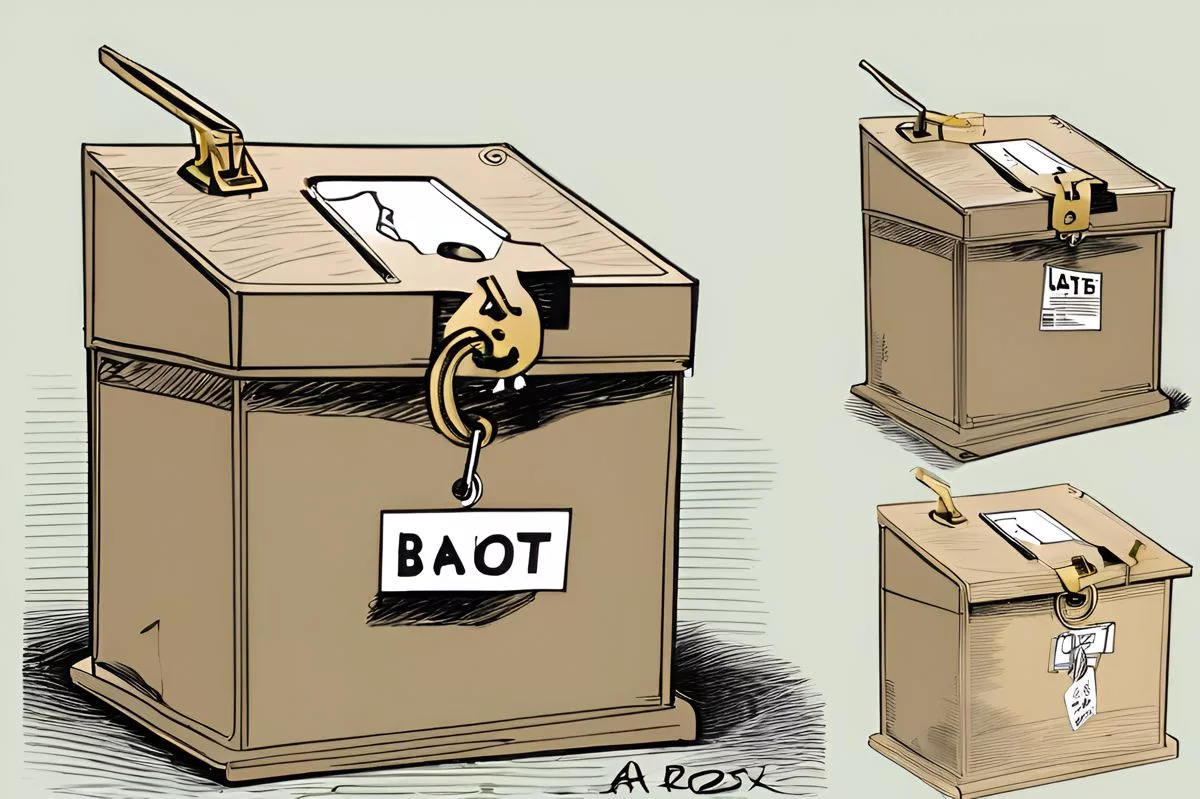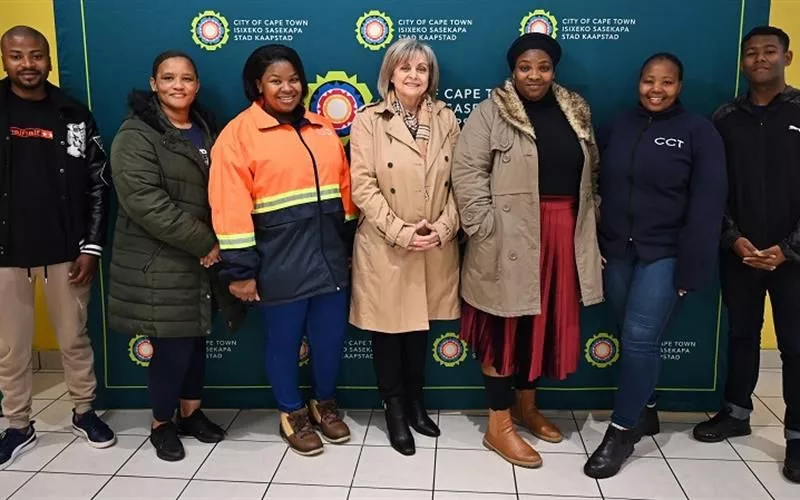The Parliament of the Republic of South Africa held its inaugural meetings for the National Assembly and National Council of Provinces, creating a historic event. The media played a crucial role in disseminating the details of the proceedings to the nation and beyond. The parliament upheld democratic values while encouraging citizen engagement, and the newly elected members were committed to serving their people. The parliament embraced the future with resilience and strength, underscoring the durability and vigor of South Africa’s democracy.
What role does the media play in South Africa’s democratic process?
In events such as the inaugural meetings of the National Assembly and National Council of Provinces, the media plays a paramount role in disseminating the intricacies of the proceedings to homes across the country and further afield. Journalists, photographers, and other members of the media industry are urged to obtain accreditation, providing a vibrant depiction of the proceedings that the nation is keenly looking forward to.
On the evening of June 6th, 2024, the Parliament of the Republic of South Africa was abuzz with anticipation. The National Assembly (NA) and National Council of Provinces (NCOP) were on the verge of conducting their inaugural meetings, an event of significant importance following the National and Provincial Elections of 2024.
This historic occasion was scheduled to take place at the architecturally stunning Cape Town International Convention Centre (CTICC), a symbol of South Africa’s lively and dynamic democracy. As time drew nearer, the Parliament was poised to receive the newly elected Parliament members, their faces beaming with determination to serve their nation.
The Role of Media in the Democratic Process
In an epoch-making event such as this, the media plays a paramount role in disseminating the intricacies of the proceedings to homes across the country and further afield. Journalists, photographers, and other members of the media industry were urged to obtain accreditation, a critical requirement for covering such a grand event. Their tasks ranged from reportage to photography, providing a vibrant depiction of the proceedings that the nation was keenly looking forward to.
The accreditation application procedure called for specific details such as the applicant’s full name as mentioned on the ID, the ID number, and the name of the media organization or group they represented. Freelancers, media critics, and service providers were also invited as long as they disclosed the media organization under which they were seeking accreditation and details of the services they intended to provide.
Embracing the Digital Era & Ensuring Effective Communication
In this digital age, the relevance of contact details can’t be overstated. Applicants were required to provide an email address, phone number, and mobile number as part of the communication process.
Media organizations planning to broadcast from the CTICC, which had been designated as a parliamentary region, were asked to provide additional details. This information included the make and registration numbers of the vehicles designated for broadcasting, clearance certificates from service providers for any temporary broadcast-related structures, other equipment, and the projected dates and times of arrival and departure.
Mlindi Mpindi was the point of contact for anyone seeking assistance in navigating the accreditation process.
Upholding Democratic Values & Encouraging Citizen Engagement
The grand Parliament building is more than just a venue for legislation. It is a place where the Bill of Rights, a critical part of South Africa’s constitution, resonates with the promise of freedom of expression. However, this freedom comes with the responsibility to refrain from promoting war, violence, or hatred based on race, ethnicity, gender, or religion.
Apart from being a hub for legislative activities, the Parliament also encourages its citizens to engage with it. Citizens can tour the premises, attend a debate, or simply reach out for contact details as part of their engagement with this institution.
Among the freshly elected members was a notable figure, Ms Molebogeng Sharon Letlape, from the Economic Freedom Fighters. She had been elected as a member of the Portfolio Committee on Agriculture, Land Reform, and Rural Development. Her unwavering dedication and commitment made her a valuable asset to the Parliament.
Embracing the Future with Resilience and Strength
As the day of the initial meetings drew closer, the Parliament of the Republic of South Africa was prepared to not only receive its new members but also to uphold the democratic principles it was founded upon. The excitement was tangible, and the significance of the occasion was felt by every citizen, underscoring yet again the durability and vigor of South Africa’s democracy.
How committed are the newly elected members to serving their people?
The newly elected members of the National Assembly and National Council of Provinces were committed to serving their people with unwavering dedication and commitment. Their faces beamed with determination to make a positive impact in their communities and the country at large.
What is the significance of the inaugural meetings of the National Assembly and National Council of Provinces?
The inaugural meetings of the National Assembly and National Council of Provinces mark a significant event following the National and Provincial Elections of 2024. The parliament upheld democratic values while encouraging citizen engagement, underscoring the durability and vigor of South Africa’s democracy.
How can citizens engage with the Parliament of the Republic of South Africa?
The Parliament of the Republic of South Africa encourages citizens to engage with the institution by touring the premises, attending a debate, or reaching out for contact details. The Bill of Rights, a critical part of South Africa’s constitution, resonates with the promise of freedom of expression, but this freedom comes with responsibility.
Who was the point of contact for anyone seeking assistance in navigating the accreditation process?
Mlindi Mpindi was the point of contact for anyone seeking assistance in navigating the accreditation process. Accreditation was a critical requirement for journalists, photographers, and other members of the media industry to cover the inaugural meetings of the National Assembly and National Council of Provinces.
What information did media organizations planning to broadcast from the Cape Town International Convention Centre need to provide?
Media organizations planning to broadcast from the Cape Town International Convention Centre, which had been designated as a parliamentary region, were asked to provide additional details, including the make and registration numbers of the vehicles designated for broadcasting, clearance certificates from service providers for any temporary broadcast-related structures, other equipment, and the projected dates and times of arrival and departure.
What details were required for media accreditation?
To obtain media accreditation, applicants were required to provide specific details such as their full name as mentioned on the ID, the ID number, and the name of the media organization or group they represented. Freelancers, media critics, and service providers were also invited as long as they disclosed the media organization under which they were seeking accreditation and details of the services they intended to provide. Additionally, applicants were required to provide an email address, phone number, and mobile number as part of the communication process.












